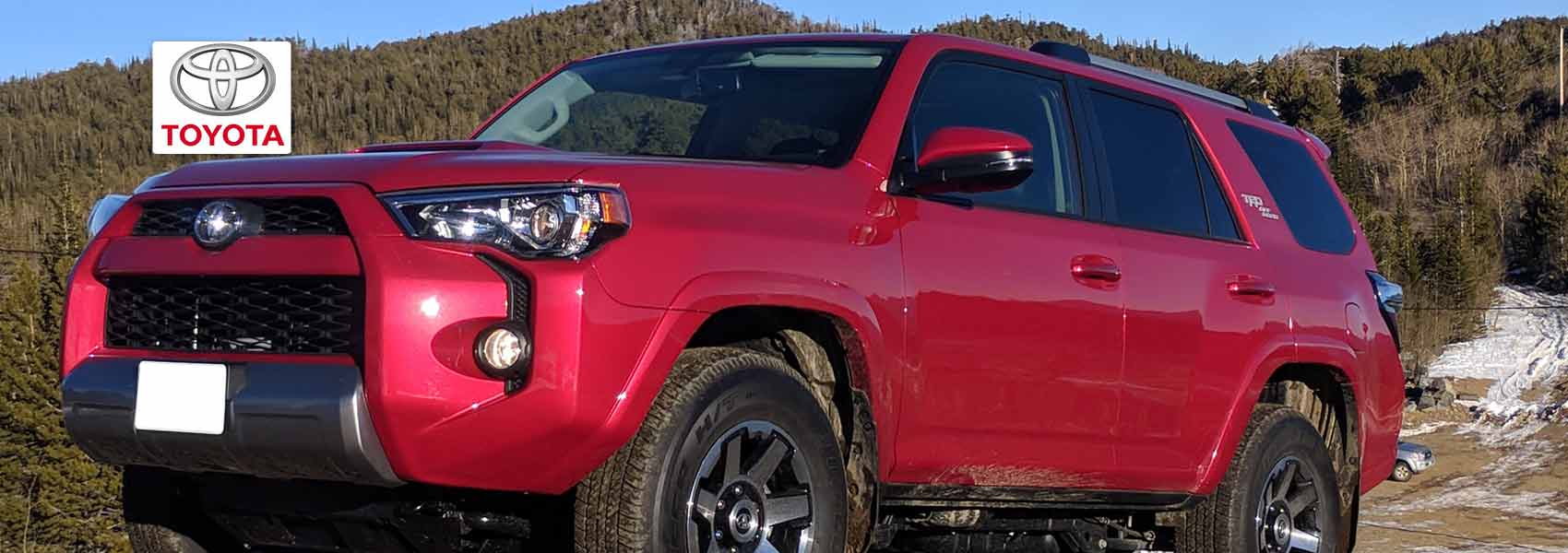What to Consider When Buying Used Car Parts?
When it comes to maintaining or repairing your vehicle, opting for used car parts can be a cost-effective and environmentally friendly choice. However, buying used car parts requires careful consideration to ensure you get quality components that will keep your vehicle running smoothly and safely. Here are some important factors to keep in mind.
Verify the Part’s Compatibility
Check the Part’s Condition
The condition of the used part is a major factor in its effectiveness and longevity. Inspect the part for any signs of wear, damage, or corrosion. Request detailed photographs if buying online. It’s also wise to ask about the part’s history, such as its age, mileage, and the vehicle it was originally installed in.
Understand the Return Policy
When buying used car parts, always understand the seller’s return policy. This is important in case the part doesn’t fit or function properly. A reputable seller will typically offer a reasonable return period. Check for any restocking fees or conditions that might apply to returns.
Source from Reputable Sellers
Choosing a reputable seller is essential for ensuring you receive high-quality used parts. Look for sellers with good reviews and ratings. Certified auto recyclers and salvage yards often provide reliable parts and can offer warranties or guarantees. For online purchases, websites with verified reviews can be a good indicator of trustworthiness.
Price Comparison
While used parts are generally cheaper than new ones, prices can vary significantly between sellers. Compare prices from multiple sources to ensure you’re getting a fair deal. Be wary of prices that seem too good to be true, as they might indicate lower quality or stolen parts.
Confirm the Warranty
Even used parts can come with warranties. When possible, choose parts that come with a warranty for added peace of mind. This can protect you from additional expenses if the part fails prematurely. Understand the terms and duration of the warranty before making a purchase.
Inspect for OEM Parts
Original Equipment Manufacturer (OEM) parts are made by the same manufacturer as the original part in your vehicle. These parts are often more reliable and a better fit than aftermarket alternatives. When buying used car parts, inquire whether the parts are OEM or aftermarket to ensure you’re getting the best quality.
Avoid Buying Parts That are Commonly Worn
Certain parts are more prone to wear and may not be worth buying used. These include brake pads, filters, and wiper blades. These components are generally inexpensive to buy new and can ensure better performance and safety.
Ask About Installation
Some parts require professional installation, especially those involving the engine or transmission. If you’re not confident in your ability to install the part yourself, factor in the cost of professional installation when comparing prices.
Verify the Seller’s Credentials
For online purchases, ensure the seller has the necessary credentials and certifications. Look for sellers who are part of recognized industry organizations or associations, as this can be a sign of credibility and adherence to industry standards.
Conclusion
Buying used car parts can be an economical and sustainable way to keep your vehicle in top condition. By considering factors such as compatibility, condition, seller reputation, warranty, and installation requirements, you can make informed decisions and avoid potential pitfalls. Whether you’re looking for used Toyota parts or components for another vehicle make, these considerations will help you find reliable parts that meet your needs. Always take the time to do thorough research and ask questions to ensure you’re getting the best value and quality for your money.




Comments
Post a Comment